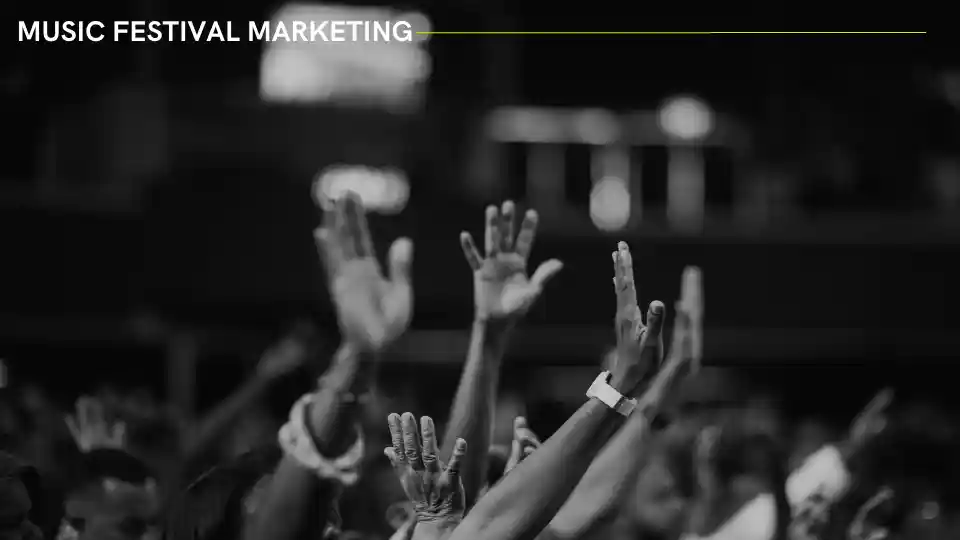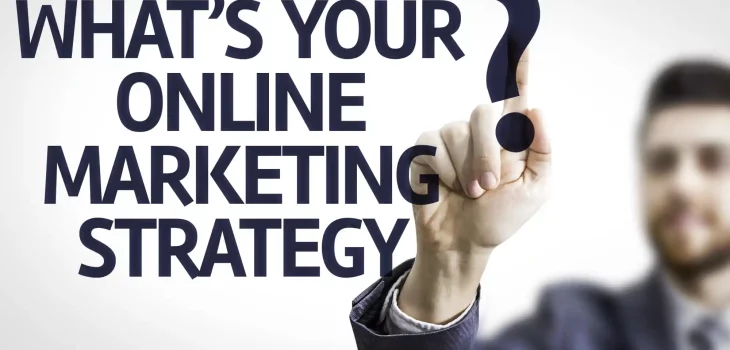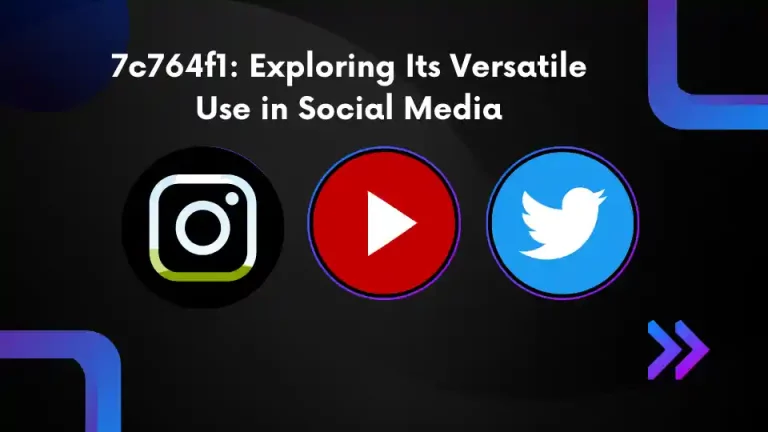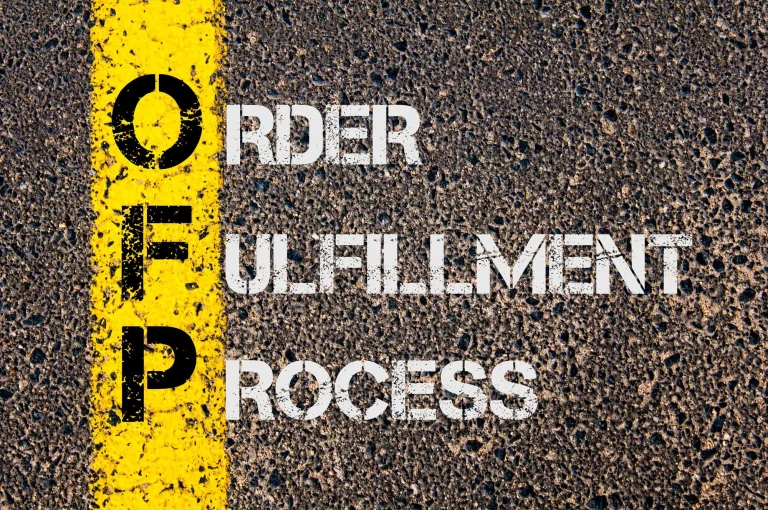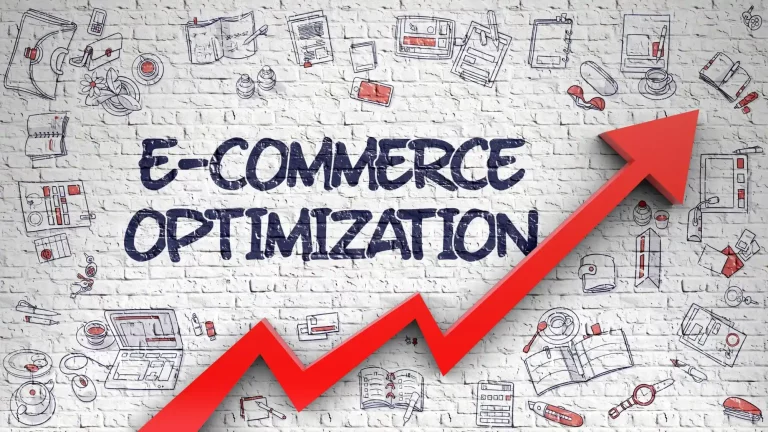Music Festival Marketing: Building Hype and Selling Out Shows
Music festivals have become cultural phenomena, drawing music enthusiasts worldwide to experience unforgettable performances, immersive atmospheres, and communal celebrations of sound. Behind the scenes of these colossal events lies an intricate and dynamic world of festival marketing, where the success of a festival hinges on the ability to build anticipation, create hype, and ultimately sell out shows. This article will delve into the art of music festival marketing, exploring the strategies and tactics that make these events iconic.
Crafting a Unique Identity
One of the first and most critical steps in music festival marketing is defining the festival’s unique identity. This includes the festival’s name, theme, and visual branding. A distinct and memorable identity helps the festival stand out in a crowded marketplace and allows festival-goers to connect with its essence.
For example, the California’s Coachella Valley Music and Arts Festival has built a reputation for its fusion of music, art, and a bohemian atmosphere. The name alone conjures images of desert landscapes and eclectic creativity. The identity sets the stage for an annual gathering that draws thousands of eager attendees. The job of an event manager is to make sure that identity shines through and to promise a spectacular and flawless show – that is why earning an event management degree is necessary to succeed in the industry.
Early Bird Tickets and Lineup Teasers
Generating buzz for a music festival often begins months in advance. Early bird ticket releases are a classic marketing strategy to reward loyal fans and generate initial excitement. These tickets are typically offered at discounted rates and may include perks like exclusive access or merchandise.
Simultaneously, lineup teasers are unveiled to pique curiosity and anticipation. Dropping hints about headlining acts and prominent artists builds excitement as fans speculate about who might be performing. The gradual revelation of the full lineup serves as a countdown to the event, keeping the festival fresh in the minds of potential attendees.
Engaging Content and Social Media
Social media plays a central role in music festival marketing in the digital age. Festivals create and curate engaging content to connect with fans, share announcements, and keep the conversation alive. This content can include artist interviews, behind-the-scenes glimpses, and user-generated content from previous years’ festivals.
Utilising various social media platforms, festivals interact directly with their audience, responding to comments, running contests, and offering exclusive content. This direct engagement fosters a sense of community and loyalty among fans.
Partnerships and Influencer Marketing
Collaborations and partnerships are a key component of festival marketing. Festivals often partner with brands, media outlets, and influencers in the music and lifestyle sectors to expand their reach. These partnerships can lead to cross-promotion, co-branded events, and increased exposure.
Influencer marketing has also become increasingly important in recent years. Music festivals collaborate with social media influencers, musicians, and celebrities who share their target audience. These influencers can help generate hype and excitement by vouching for the festival’s appeal.
User-Generated Content and Fan Experiences
User-generated content is a goldmine for festival marketing. Encouraging attendees to share their experiences through photos, videos, and stories on social media creates an authentic and relatable narrative around the festival. This user-generated content promotes the event and showcases the unique experiences that await future attendees.
To enhance the festival experience, organisers introduce interactive elements and exclusive offerings. This may include art installations, themed stages, VIP packages, and meet-and-greets with artists. The goal is to create an immersive and unforgettable experience that attendees are eager to share with others.
Conclusion
Music festival marketing is a complex and ever-evolving endeavor. It’s a delicate balance of creativity, strategy, and community-building that extends far beyond the festival grounds. In the end, it’s the fusion of art and marketing that turns these events into iconic and unmissable cultural moments.

